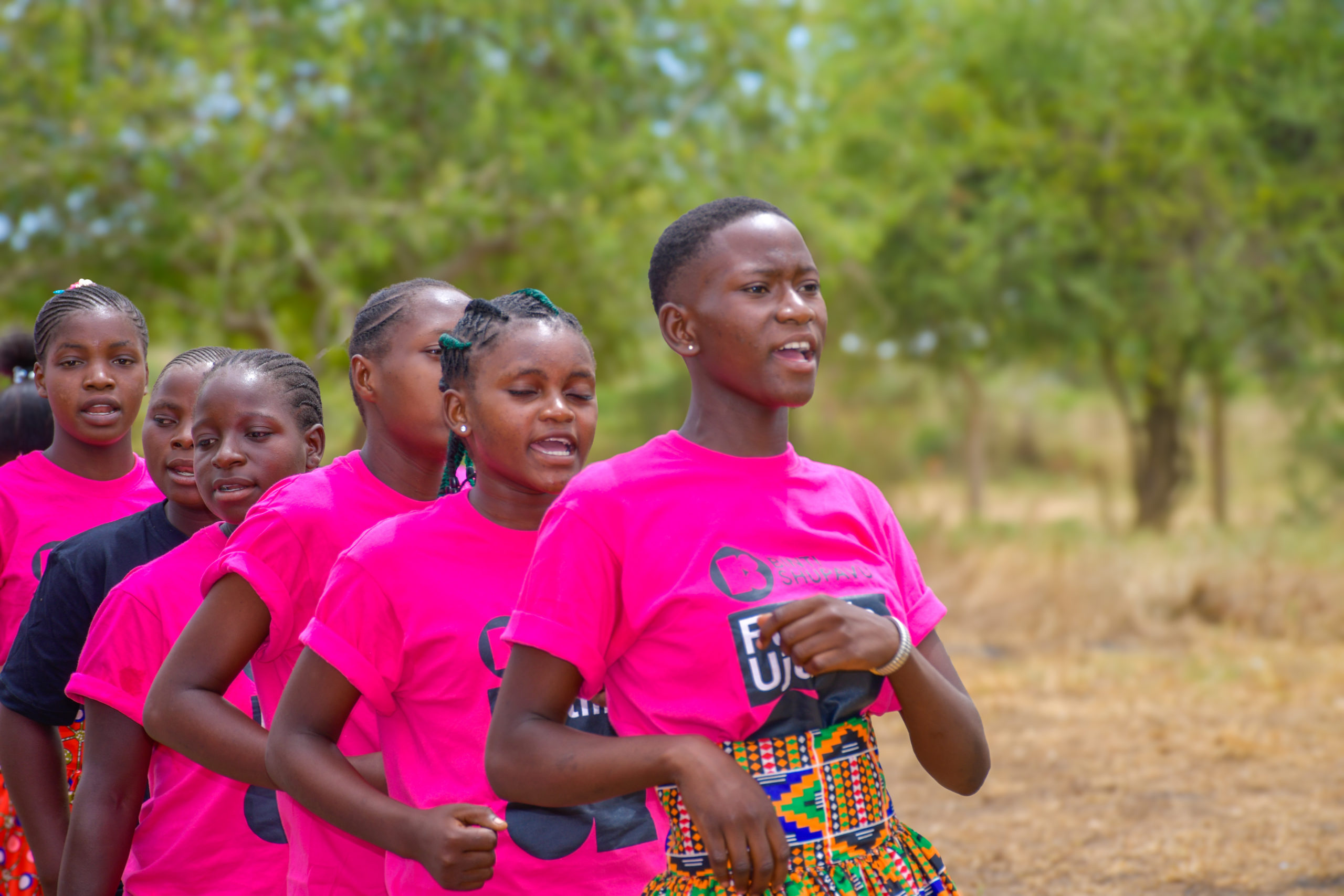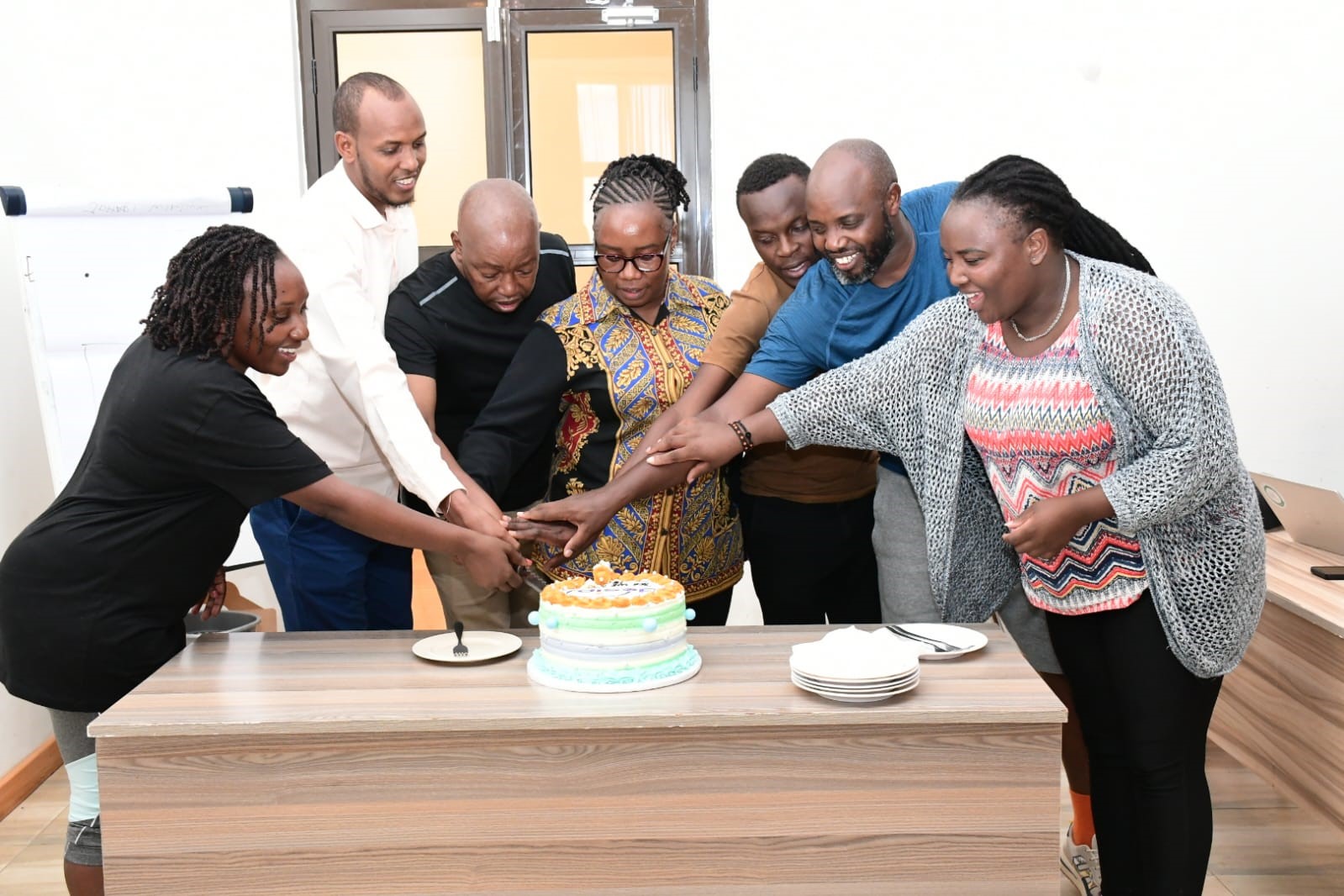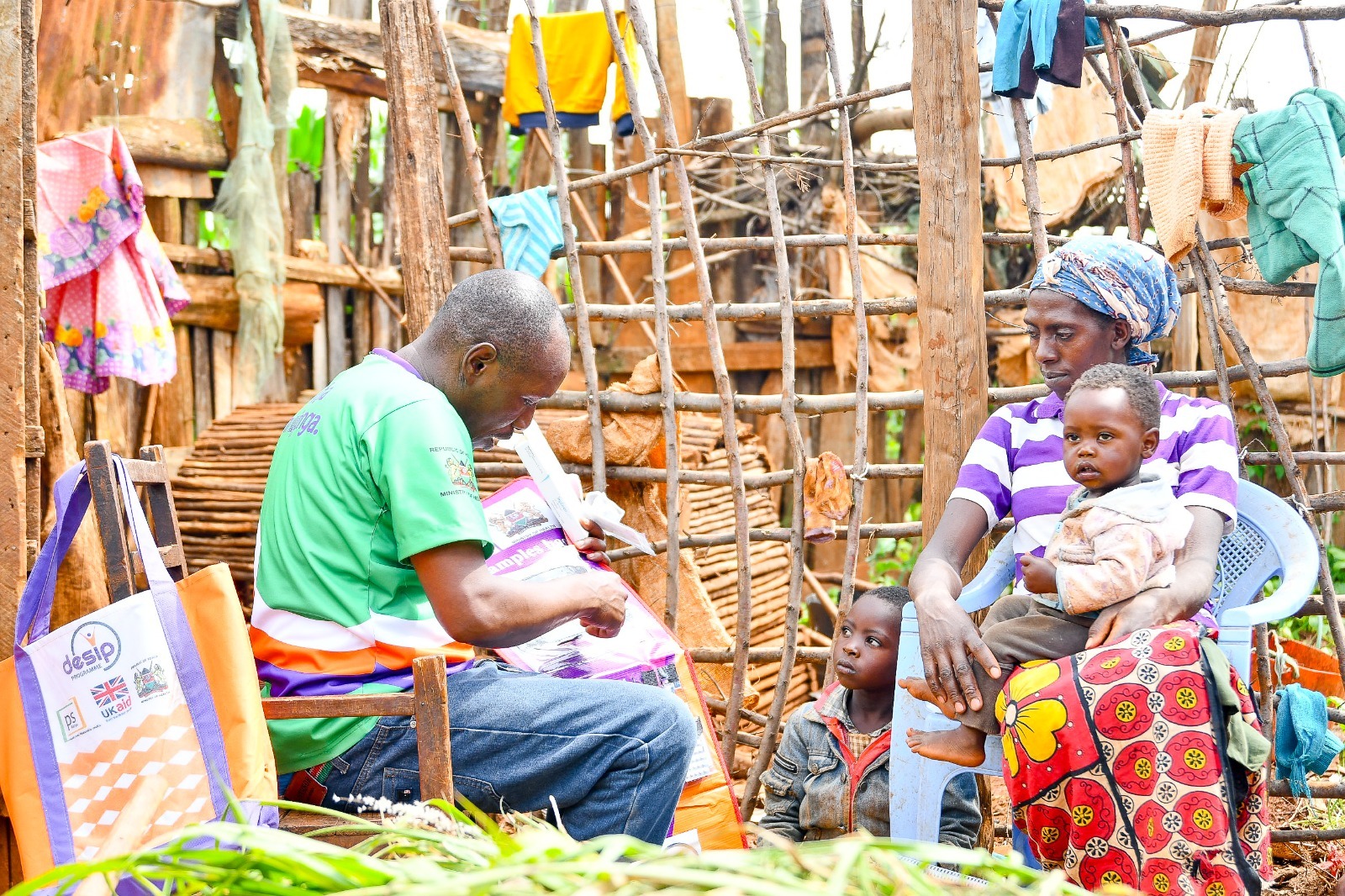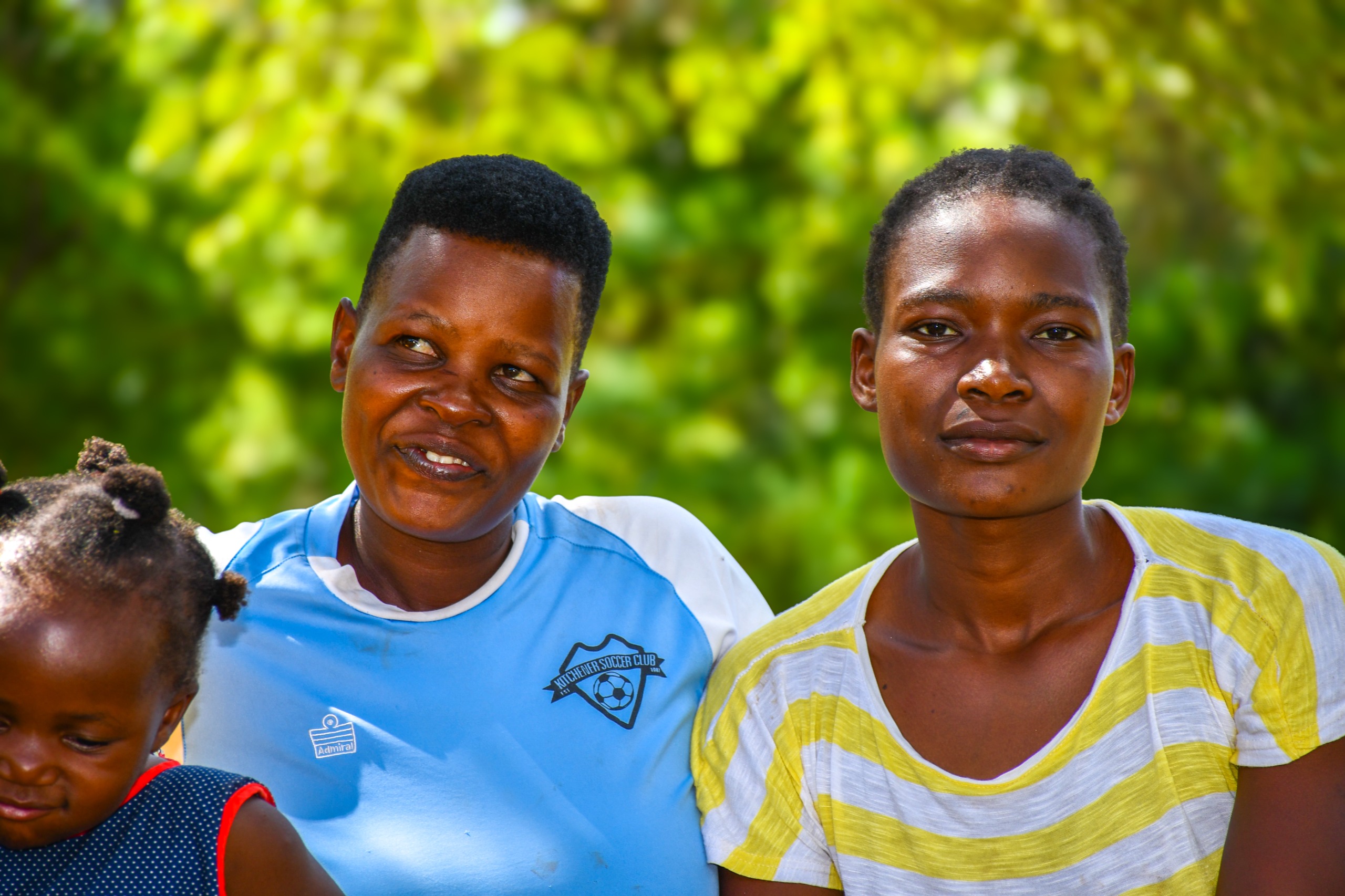On March 7, 2024, Tsangatsini area, Kaloleni sub-county, Kilifi County, was turned into a pink colour fest as the A360 project, dubbed ‘Binti Shupavu’, held its graduation ceremony. Against the backdrop of their proud families, project development partners, and dedicated implementing staff, 20 girls proudly graduated from the transformative project, marking a significant milestone in their journey of empowerment. PS Kenya’s Binti Shupavu project, funded by the Children’s Investment Fund Foundation (CIFF) and implemented in the counties of Kilifi, Narok, Homabay, and Migori, is a comprehensive approach to addressing adolescents’ sexual and reproductive health issues that considers the individual and societal factors that impact health outcomes.

The girls, aged 15 to 19, are taken through comprehensive eight-session programmes that are designed to empower them by enhancing their life, business, and vocational skills. The curriculum encompasses crucial topics such as decision-making and communication, financial literacy, including budgeting and savings, and targeted vocational training.
For most of these girls, Binti Shupavu not only offers a chance to transform their lives but also to break generational cycles. By imparting crucial lessons on the significance of family planning, the project empowers these young women to make informed decisions about their reproductive health, thereby steering clear of the perilous path of teenage motherhood. While the 2022 Kenya Demographic Health Survey (KDHS) showed an improvement in the rates of teenage pregnancy in the country, the shadow of poverty and limited education still looms large, contributing to higher rates of adolescent pregnancy. According to KDHS, about 4 in 10 women aged 15–19 with no education have experienced pregnancy, a stark contrast to the mere 5% among those who pursued education beyond secondary level.
The high incidence of pregnancies among young girls in the region stems from various societal and traditional factors, for example, events like ‘Disco Matanga’ or ‘Disco Vumbi’ as they are fondly referred to by the community members. During these gatherings, older men, often motorcycle (boda boda) riders, exploit the vulnerability of these girls by offering financial assistance for necessities such as food, sanitary pads, or clothing. This exploitation is heightened by the widespread poverty in the area, compelling many girls to engage in unprotected sexual activity. The Disco Matanga has been a contentious issue in the coastal region for some time. In 2023, the Interior Cabinet Secretary, Hon. Kindiki Kithure, took decisive action by ordering a crackdown and imposing a complete ban on these events. This move came months after the Gender and Affirmative Action Cabinet Secretary, Hon. Aisha Jumwa, lifted the ban on discos in Kilifi. The conflicting decisions highlight the ongoing debate surrounding the cultural significance versus the potential negative impact of Disco Matanga, bringing to light the need for careful consideration and collaboration in addressing such complex societal issues.
Since its inception in 2022, the Binti Shupavu project has made significant strides, reaching almost 100,000 new users of contraception and providing valuable skills classes to 2500 girls through the project. Binti Shupavu strategically involves and educates influential figures within the community, as well as those in close proximity to the adolescent girls. This collaborative approach aims to tackle misinformation effectively and ensure proper support for the decisions young girls make concerning their bodies and future aspirations.
Through comprehensive education and support, Binti Shupavu equips these girls with the confidence and resources necessary to shape their own destinies, ensuring they have the agency to pursue their dreams without the burden of unplanned pregnancies weighing them down. In doing so, the project not only transforms individual lives but also nurtures the emergence of empowered, self-reliant communities poised for a brighter, more prosperous future.



